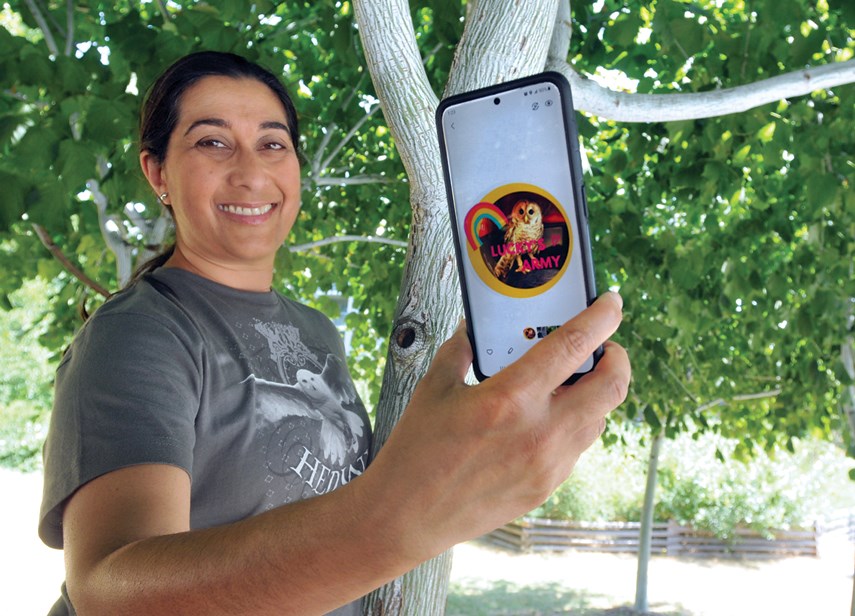The province’s partial and temporary ban on rat poisons, which have a habit of killing raptors and other predators, is a “baby step,” says the North Vancouver woman behind a 20,000-plus name petition calling for a total ban.
Environment Minister George Heyman announced last week that, effective immediately, second-generation anticoagulant rodenticides for consumer use would be banned for 18 months while the government studies longer term options. The poisons cause rodents to slowly bleed out, but any predator or scavenger that feeds on them may also die.
The government timed the ban to come into effect immediately to prevent people from stockpiling the poisons, however the ban includes exemptions for agricultural, food and health operations, including restaurants, grocery stores, hospitals, as well as food processing and warehouse facilities.
“It’s a start,” said Yasmin Abidi. “But it still isn’t taking care of the issues that I was fighting for in my own community because there are so many exemptions and it’s temporary. I’m still fighting for a permanent ban.”
Ever since Abidi helped saved the life of a poisoned owl dubbed Lucky, in Heywood Park in 2019, she’s been raising awareness and campaigning for change. She persuaded all three North Shore municipal councils to halt the use of rodenticides on their own civic properties, but cities don’t have the jurisdiction to ban the sale outright. A petition she started has now racked up almost 25,000 signatures.
Abidi said she can’t help but think Lucky’s story and the tens of thousands of people who were inspired to sign the petition helped persuade the province to make changes.
“I think it had a lot to do with it because (MLA) Susie Chant presented it to the legislature,” she said, noting Chant also worked behind the scenes to get it onto the minister’s priority list. “That’s huge.”
Although there are non-toxic rat traps on the market, Abidi is now lobbying the federal government to allow the sale of a U.S. product called ContraPest, which interferes with rodents’ ability to reproduce. Not only is it more humane, Abidi cited one study that found an 80 to 90 per cent reduction in the number of rodents where it is used.
“There’s no effect on non-target species. It’s not a hormone. It doesn’t go up the food chain,” she said. “It’s poison free. We’ll be taking care of the issue. We’ll still have rodents for our raptors to eat. … My god, doesn’t that sound like a win-win?”
Beyond the partial and temporary ban, the province is also pledging a public information campaign about the risks of rodenticides with suggestions for alternatives and scientific review of the root causes of secondary poisoning.
"We share the concerns of many British Columbians that rodenticide use is harming, and too often killing, birds, pets and other wildlife," Heyman said in a release.



